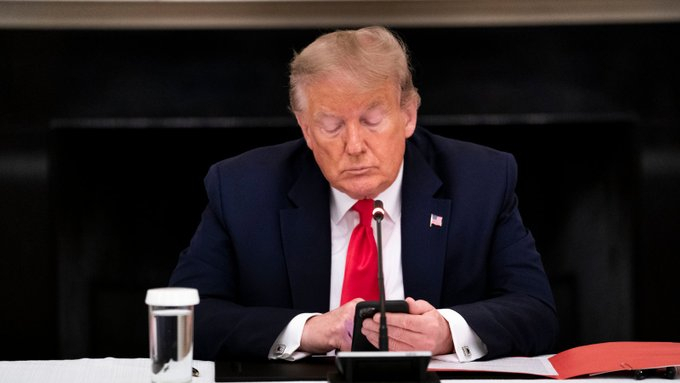The UAE-Israel deal was announced by the White House on Thursday. As per the deal, the UAE will establish diplomatic relations with Israel in return for President Benjamin Netanyahu committing to give up a plan to annex more parts of the West Bank. It should be noted here that the West Bank is the main territory of a state that the Palestinians want.

While talking about the new agreement between UAE and Israel, U.S. Ambassador to Israel stated that the Emirates will become a friend to Israel and will now be a regional ally to the United States. He added that the new agreement will alter the previous threats and will also work in the Emirates' benefits when it comes to future weapon supplies.
The United States of America is the largest single supplier of arms and tech to Israel. As per the American research, the States was responsible for the vast majority of Israel's arms transfer between 1998-2005. Between these seven years, a total of $9.1 billion worth of arms were supplied.
Now that the diplomatic relations between the UAE and Israel are getting established, the U.S. will also have a whole new market to supply arms and ammunition.
Back in May, the US Defense Security Cooperation Agency announced that they have approved a sale of up to 4,569 US-made ambush-protected vehicles to the UAE. By doing this, America strengthened the power of one of its key regional partners in the East.
"Look, the arms sales thing is really key for Trump personally and it's been a real point of contention with Congress, even Republicans have been pushing back. The Emirates is a key ally and we believe that this sale is in the US national interest. This felt like a good time to push this through," one of the officials from the administration was quoted by the CNN as saying.

David Makovsky, Director of Project on Arab-Israel Relations at Washington, applauded the deal and told Reuters that this surely is a win for Emirates as it makes them eligible for future military sales.
"A win for the Emirates, which will undoubtedly be eligible for military sales that it could not obtain due to 'qualitative military edge' restrictions due to fear certain technologies could be used against Israel," he said.








